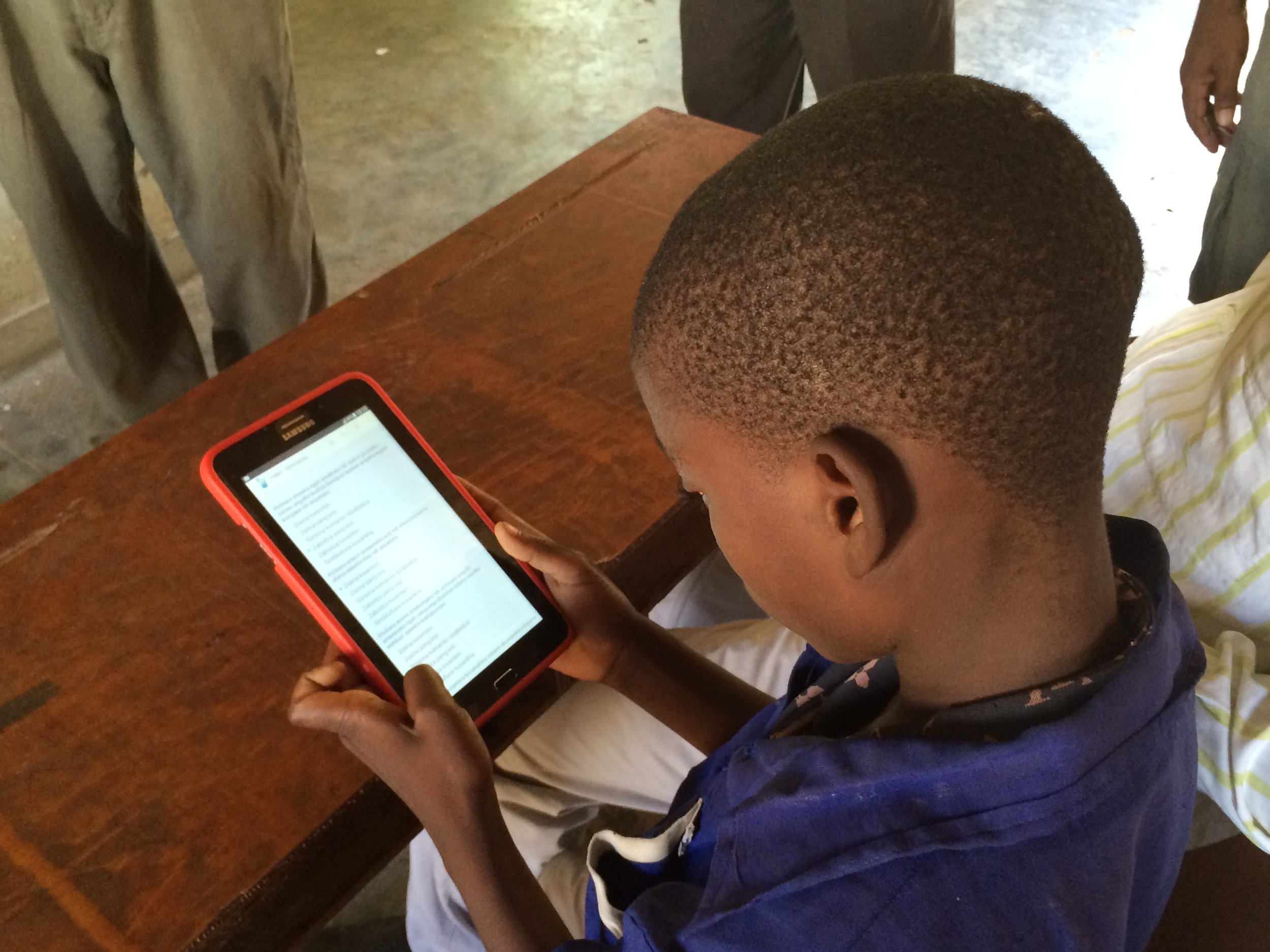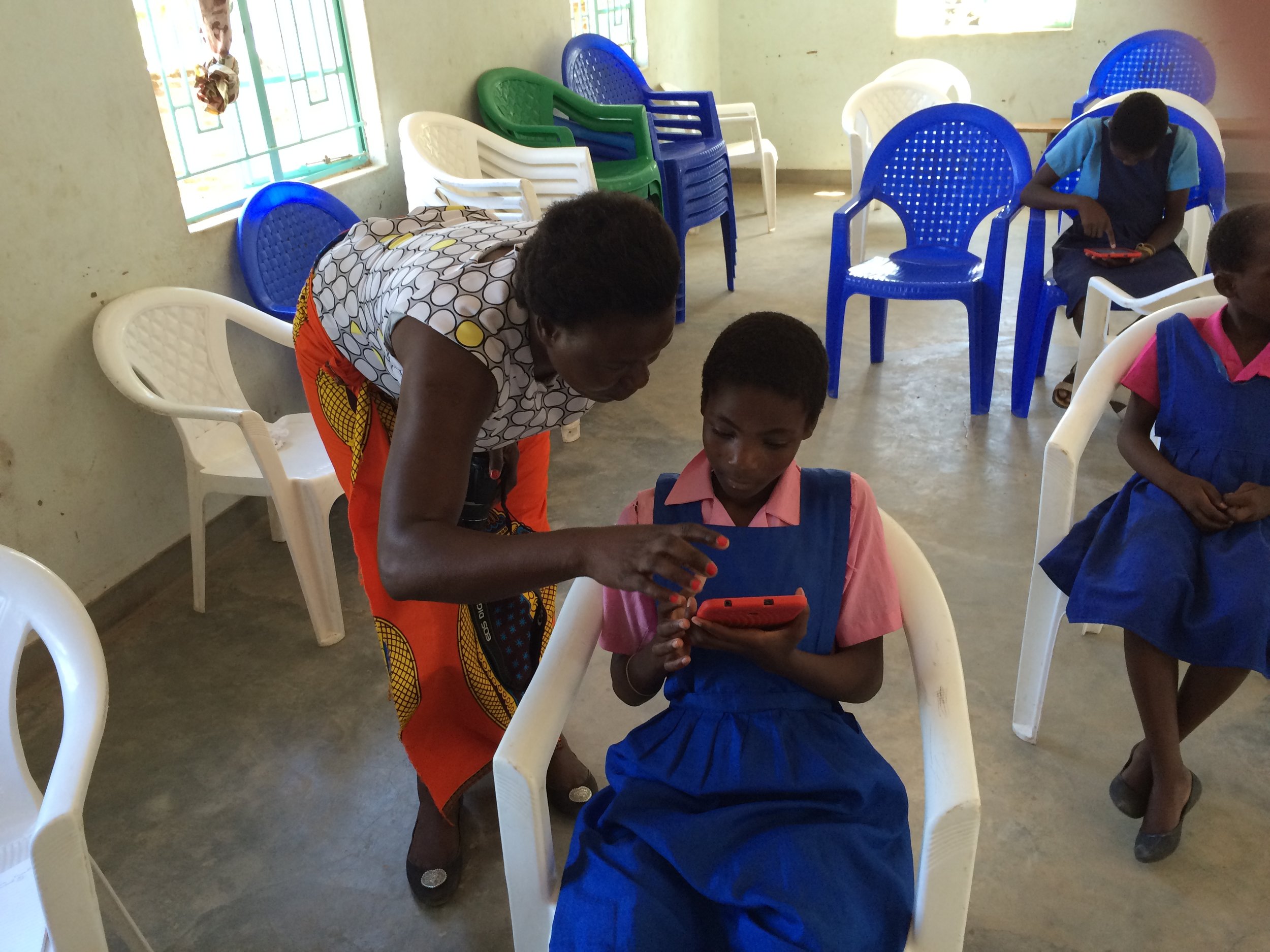Blantyre, Malawi
In Malawi the study site is based in Blantyre, which has a population of approximately one million (2015 estimate) inhabitants. It is Malawi's center of commerce and the main manufacturing hub. The annual rate of urban population growth was estimated at 4.1% in 2014, arising from a combination of high total fertility in the population together with in-migration of families from rural areas in search of employment. The national adolescent fertility rate is 137 per 1,000. 42% of urban residents are aged under 15, compared with 50% in rural areas. 37% of urban households have electricity, 93% have access to an improved source of drinking water but just under half of urban households have access to improved sanitation facilities. Children in urban areas are only slightly less at risk of stunting (41% of under fives) relative to rural residents (48%). Blantyre has the highest prevalence of HIV in Malawi.
In Malawi, several organization are teaming up to implement Get Up Speak Out (GUSO), a a 4-year programme that works towards the sexual empowerment of all young people, especially girls and women. The programme’s main goal is to improve their sexual and reproductive health and rights (SRHR).To evaluate the impact of the intervention, the GEAS partnered with the College of Medicine.
Click here to read the 2020 GUSO brief.
Click here to read a learning brief on the Very Young Adolescence 2.0 program.




Research Team
Our collaborating partner in Blantyre is the Kamuzu University of Health Sciences (KUHeS).
William Stones, Principal Investigator
Professor William Stones holds a joint appointment in the Department of Public Health and the Department of Obstetrics & Gynaecology at Kamuzu University of Health Sciences (KUHeS). He trained in Obstetrics & Gynaecology and undertook clinical practice and reproductive health research via the University of Southampton. He was at the University of St Andrews, UK from 2013 to 2016. Before this he chaired the Department of Obstetrics & Gynaecology at the Aga Khan University, Nairobi where he established a new MMed programme for specialist training as well as undertaking research in maternal health. Professor Stones was a member and past chair of the Safe Motherhood and Newborn Health Committee of FIGO, the International Federation of Gynecology and Obstetrics. Professor Stones was the site-PI for Phase 1 of the GEAS in Malawi, the first survey in Phase 2 in 2018 with support from UNICEF and the current “GUSO” program with support from Rutgers, The Netherlands. Contact Dr. Stones at wstones@medcol.mw
Gertrude Chapotera, Public Health Physician, School of Public Health and Family Medicine
Dr. Gertrude Chapotera is a Senior Lecturer at Kamuzu University of Health Sciences (KUHeS) in the School of Public Health and Family Medicine. As faculty member, she enjoys teaching public health and epidemiology. She has extensive public health experience, having previously worked in the Ministry of Health as well as at the World Health Organization in Malawi.
She is passionate about promoting the career development of others and supporting women’s contribution to national development. She leads a mentorship programme at COM and has co-established a national forum for women in infectious disease and health research in Malawi in 2015. She led on a European funded (EDCTP) capacity building grant to develop a clinical trial management and support infrastructure at the Research Support Centre of COM 2009 to 2012. Through this grant, she established the Clinical Trials Unit of the Research Support Centre at COM with responsibilities in training, clinical trial monitoring and research support to faculty. She is a trainer for Good Clinical Practice (GCP) and Research Ethics.
Her research work has prioritized adolescent health and pregnancy issues. In addition to her work with the GEAS, this has included an understanding into the seasonal patterns of malaria and health-related consequences among adolescent females in rural Malawi. She is co-investigator on a clinical trial assessing safety and efficacy of artemisinin-based combination treatments for African pregnant women with malaria (PREGACT); and another clinical trial assessing dose justification and tolerability (ADJusT) of antimalarial drugs in young children.
She is an advocate for evidence-based health care practice (EBHC) in African settings through her participation in a collaboration for Evidence-Based Healthcare and Public Health in Africa (CEBHA+). She is also a trainer for EBHC. She is a fellow on a leadership development programme supported by the Malaria Capacity Development Consortium, which focuses on improving leadership skills in research management and learning programmes development.
Effie Chipeta, Scientific Operations Manager, Centre for Reproductive Health (CRH)
CRH is an interdisciplinary and cross departmental grouping within Kamuzu University of Health Sciences that undertakes research and implementation testing in the reproductive health field. CRH researchers have social science, biomedical, clinical and public health backgrounds. As well as hosting the adolescent work linked to GEAS the Centre has a number of projects relating to interventions to promote reproductive health and safety in pregnancy and childbirth.
Dr Bernadette O’Hare
Dr O’Hare is a UK trained Pediatrician with a special interest in child and adolescent HIV treatment and care. Her research interests include ‘upstream drivers’ of disease and poverty including health and human rights. Dr O’Hare holds appointments in the School of Medicine, University of St Andrews and Kamuzu University of Health Sciences.
Field Coordinator
Project co-ordination and research implementation is by Centre for Reproductive Health team members Razak Mussa and Princess Kayira, who maintain links with participating schools and manage the data collection process.
